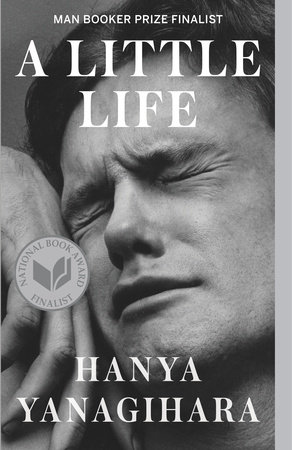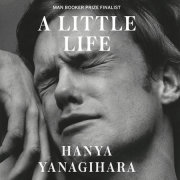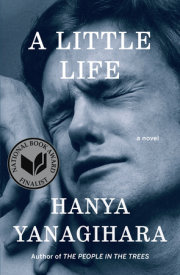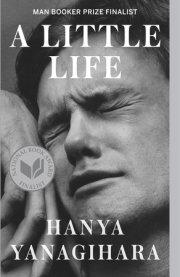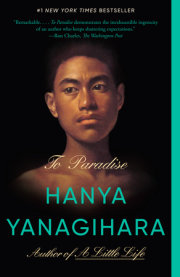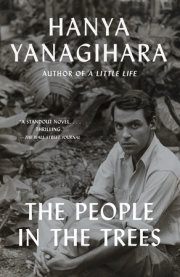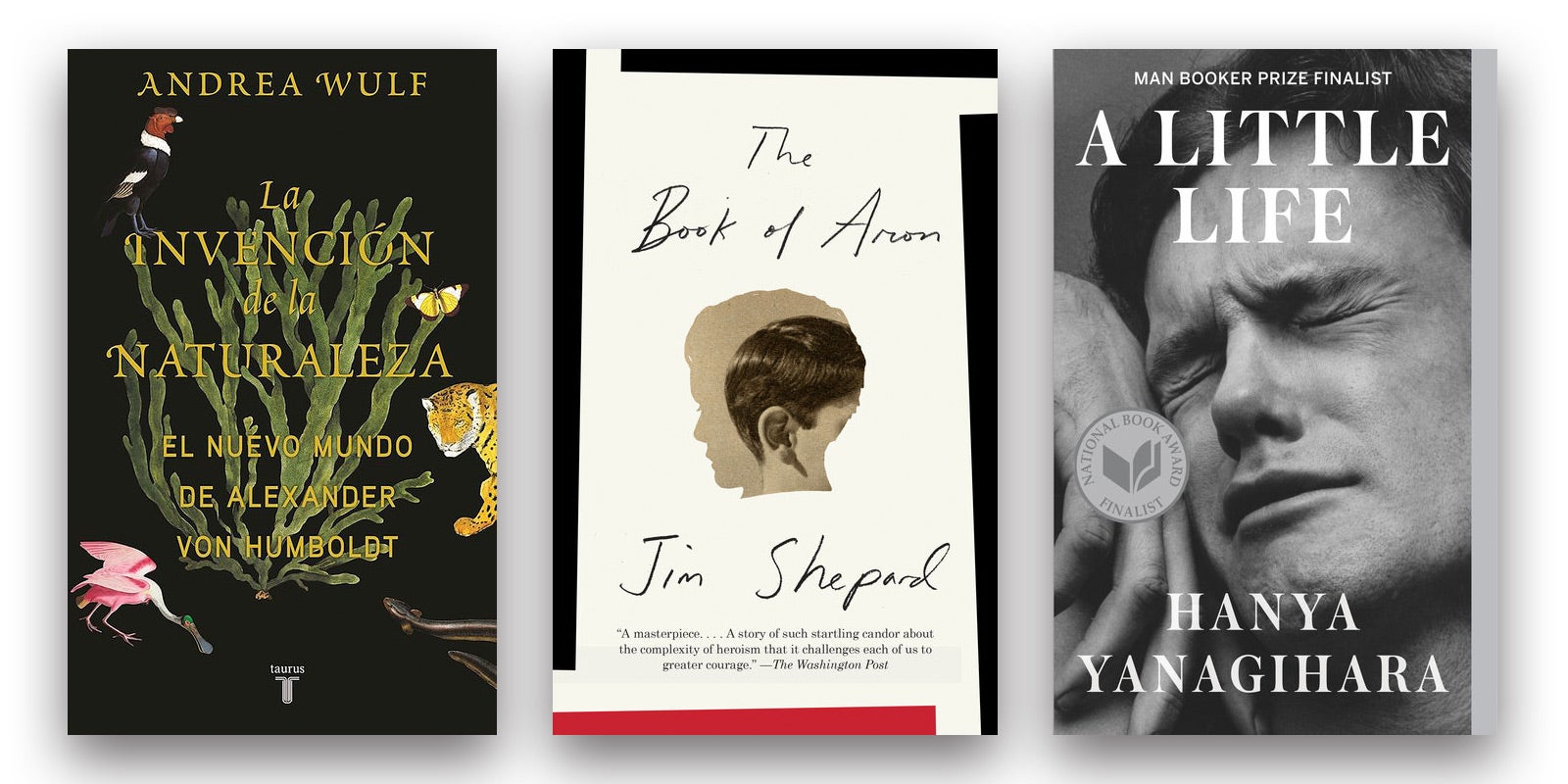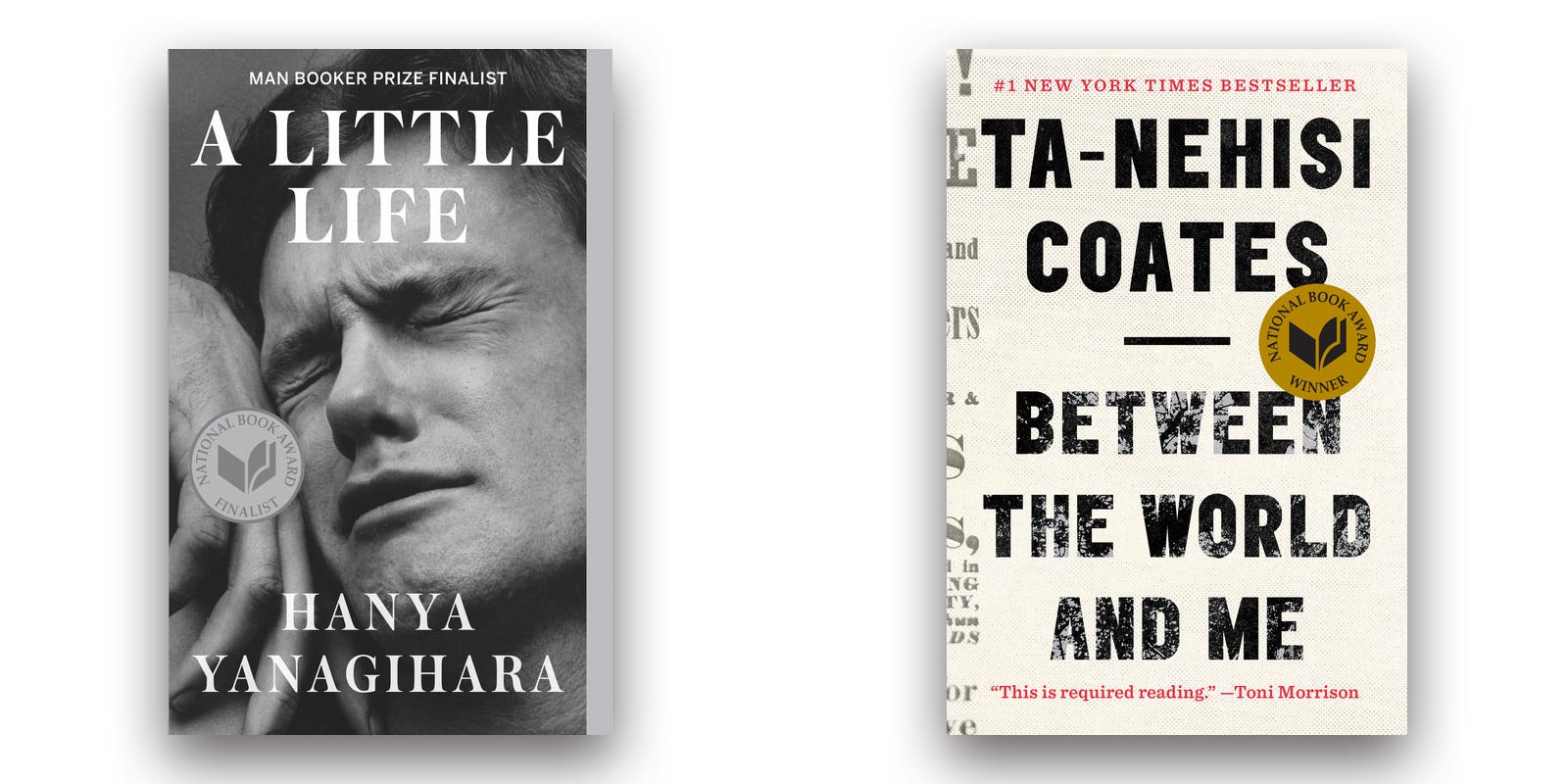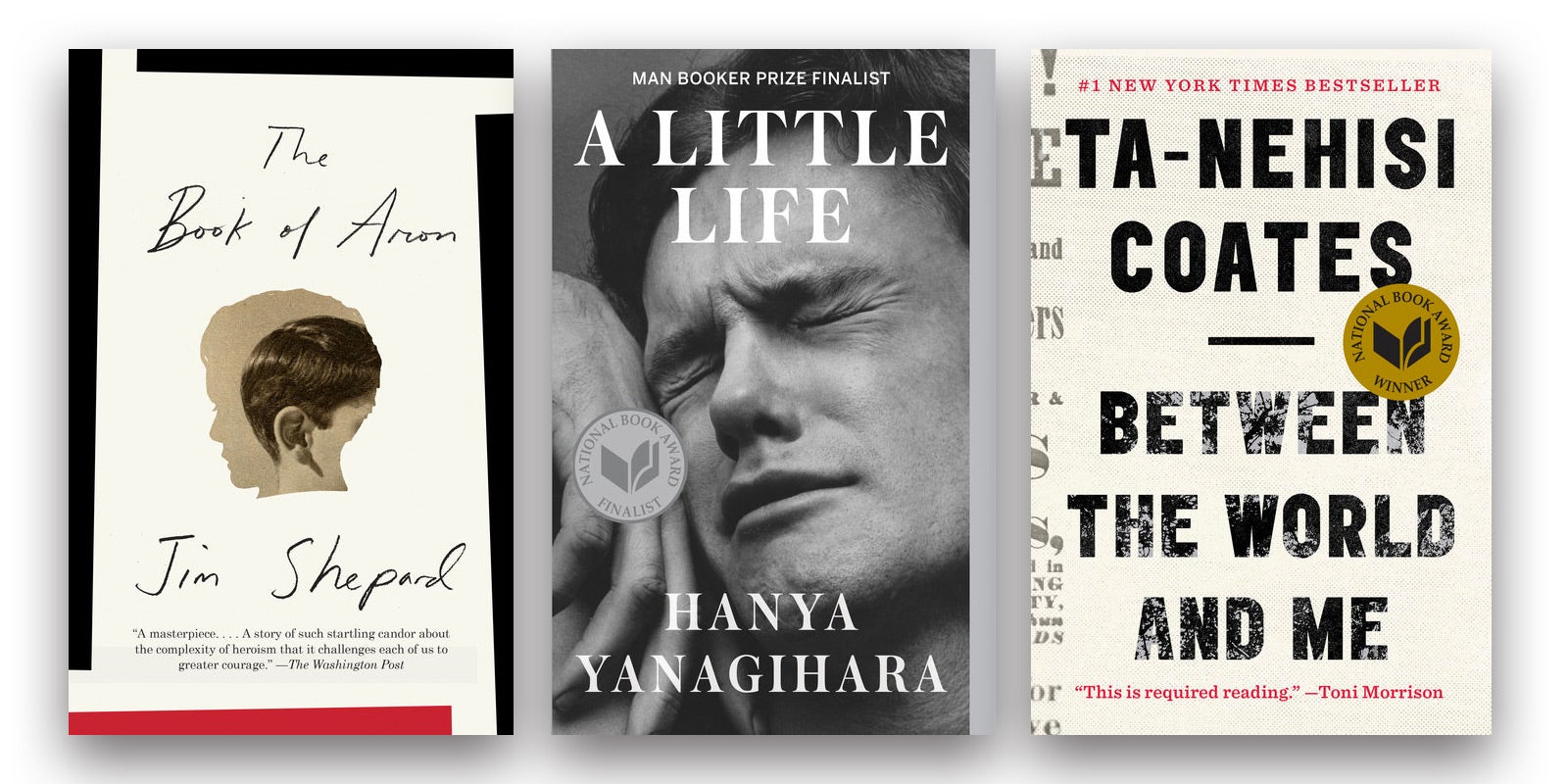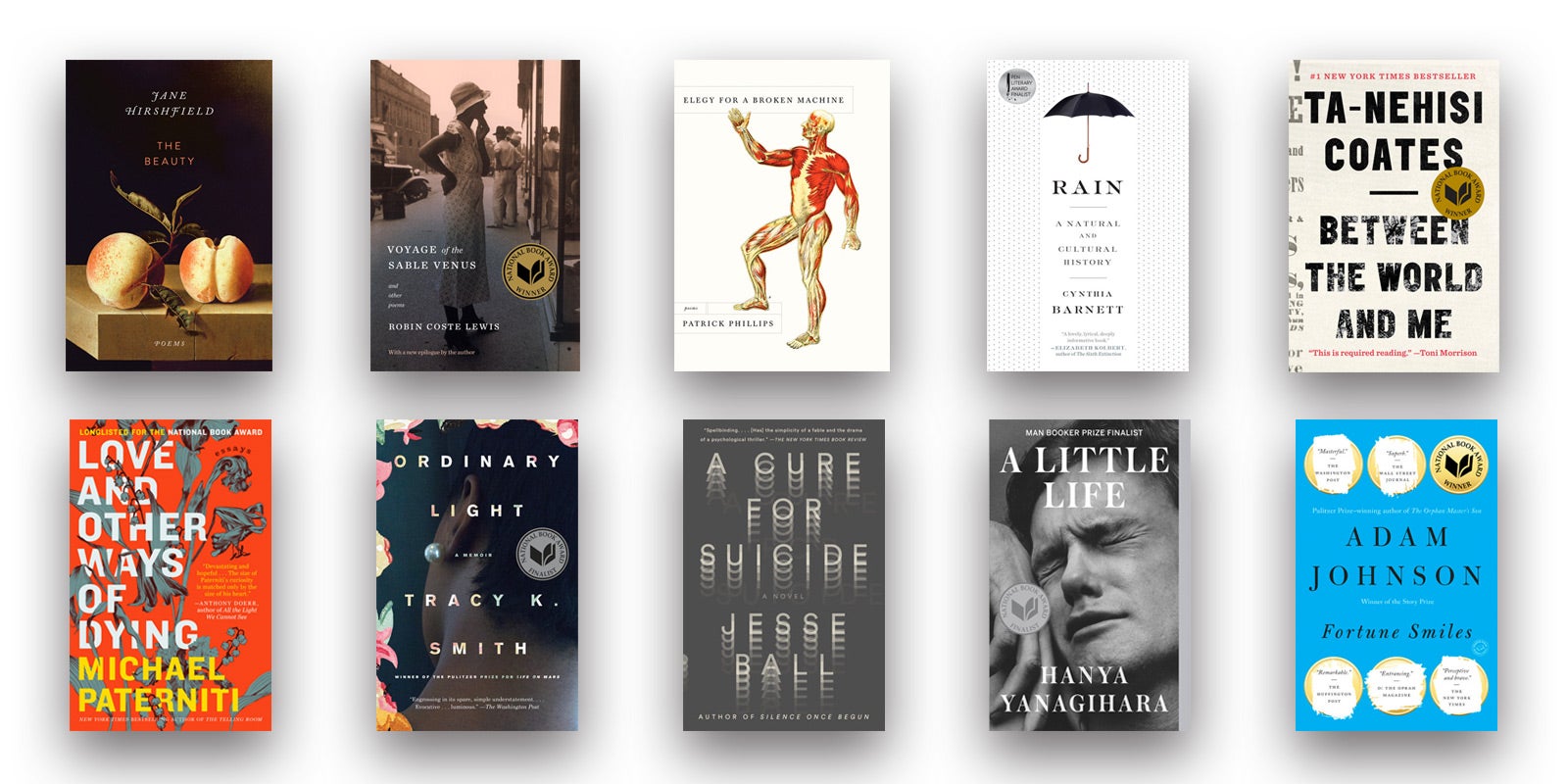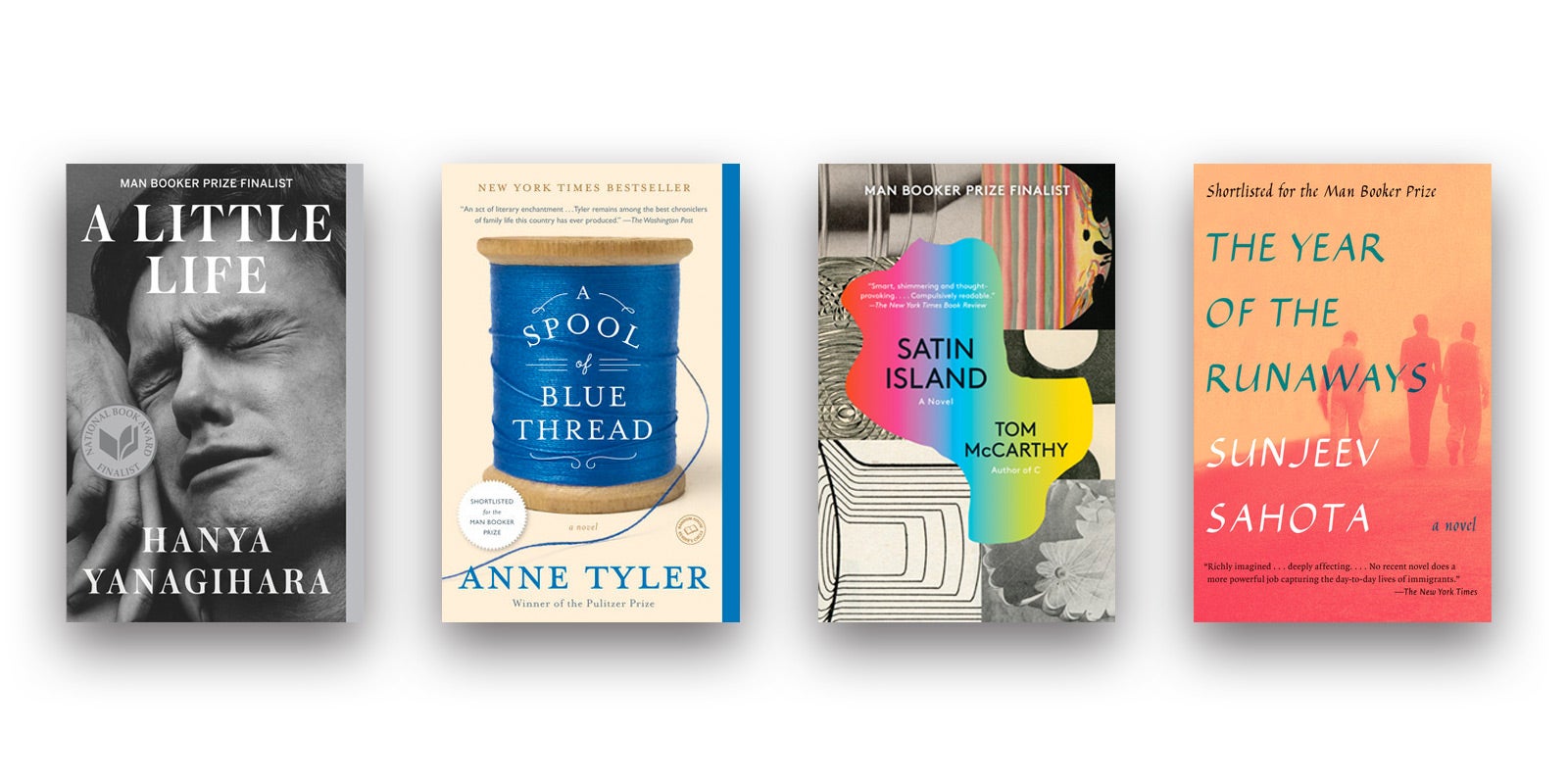1
The eleventh apartment had only one closet, but it did have a sliding glass door that opened onto a small balcony, from which he could see a man sitting across the way, outdoors in only a T-shirt and shorts even though it was October, smoking. Willem held up a hand in greeting to him, but the man didn’t wave back.
In the bedroom, Jude was accordioning the closet door, opening and shutting it, when Willem came in. “There’s only one closet,” he said.
“That’s okay,” Willem said. “I have nothing to put in it anyway.”
“Neither do I.” They smiled at each other. The agent from the building wandered in after them. “We’ll take it,” Jude told her.
But back at the agent’s office, they were told they couldn’t rent the apartment after all. “Why not?” Jude asked her.
“You don’t make enough to cover six months’ rent, and you don’t have anything in savings,” said the agent, suddenly terse. She had checked their credit and their bank accounts and had at last realized that there was something amiss about two men in their twenties who were not a couple and yet were trying to rent a one-bedroom apartment on a dull (but still expensive) stretch of Twenty-fifth Street. “Do you have anyone who can sign on as your guarantor? A boss? Parents?”
“Our parents are dead,” said Willem, swiftly.
The agent sighed. “Then I suggest you lower your expectations. No one who manages a well-run building is going to rent to candidates with your financial profile.” And then she stood, with an air of finality, and looked pointedly at the door.
When they told JB and Malcolm this, however, they made it into a comedy: the apartment floor became tattooed with mouse droppings, the man across the way had almost exposed himself, the agent was upset because she had been flirting with Willem and he hadn’t reciprocated.
“Who wants to live on Twenty-fifth and Second anyway,” asked JB. They were at Pho Viet Huong in Chinatown, where they met twice a month for dinner. Pho Viet Huong wasn’t very good--the pho was curiously sugary, the lime juice was soapy, and at least one of them got sick after every meal--but they kept coming, both out of habit and necessity. You could get a bowl of soup or a sandwich at Pho Viet Huong for five dollars, or you could get an entrée, which were eight to ten dollars but much larger, so you could save half of it for the next day or for a snack later that night. Only Malcolm never ate the whole of his entrée and never saved the other half either, and when he was finished eating, he put his plate in the center of the table so Willem and JB--who were always hungry--could eat the rest.
“Of course we don’t want to live at Twenty-fifth and Second, JB,” said Willem, patiently, “but we don’t really have a choice. We don’t have any money, remember?”
“I don’t understand why you don’t stay where you are,” said Malcolm, who was now pushing his mushrooms and tofu--he always ordered the same dish: oyster mushrooms and braised tofu in a treacly brown sauce--around his plate, as Willem and JB eyed it.
“Well, I can’t,” Willem said. “Remember?” He had to have explained this to Malcolm a dozen times in the last three months. “Merritt’s boyfriend’s moving in, so I have to move out.”
“But why do you have to move out?”
“Because it’s Merritt’s name on the lease, Malcolm!” said JB.
“Oh,” Malcolm said. He was quiet. He often forgot what he considered inconsequential details, but he also never seemed to mind when people grew impatient with him for forgetting. “Right.” He moved the mushrooms to the center of the table. “But you, Jude--”
“I can’t stay at your place forever, Malcolm. Your parents are going to kill me at some point.”
“My parents love you.”
“That’s nice of you to say. But they won’t if I don’t move out, and soon.”
Malcolm was the only one of the four of them who lived at home, and as JB liked to say, if he had Malcolm’s home, he would live at home too. It wasn’t as if Malcolm’s house was particularly grand--it was, in fact, creaky and ill-kept, and Willem had once gotten a splinter simply by running his hand up its banister--but it was large: a real Upper East Side town house. Malcolm’s sister, Flora, who was three years older than him, had moved out of the basement apartment recently, and Jude had taken her place as a short-term solution: Eventually, Malcolm’s parents would want to reclaim the unit to convert it into offices for his mother’s literary agency, which meant Jude (who was finding the flight of stairs that led down to it too difficult to navigate anyway) had to look for his own apartment.
And it was natural that he would live with Willem; they had been roommates throughout college. In their first year, the four of them had shared a space that consisted of a cinder-blocked common room, where sat their desks and chairs and a couch that JB’s aunts had driven up in a U-Haul, and a second, far tinier room, in which two sets of bunk beds had been placed. This room had been so narrow that Malcolm and Jude, lying in the bottom bunks, could reach out and grab each other’s hands. Malcolm and JB had shared one of the units; Jude and Willem had shared the other.
“It’s blacks versus whites,” JB would say.
“Jude’s not white,” Willem would respond.
“And I’m not black,” Malcolm would add, more to annoy JB than because he believed it.
“Well,” JB said now, pulling the plate of mushrooms toward him with the tines of his fork, “I’d say you could both stay with me, but I think you’d fucking hate it.” JB lived in a massive, filthy loft in Little Italy, full of strange hallways that led to unused, oddly shaped cul-de-sacs and unfinished half rooms, the Sheetrock abandoned mid-construction, which belonged to another person they knew from college. Ezra was an artist, a bad one, but he didn’t need to be good because, as JB liked to remind them, he would never have to work in his entire life. And not only would he never have to work, but his children’s children’s children would never have to work: They could make bad, unsalable, worthless art for generations and they would still be able to buy at whim the best oils they wanted, and impractically large lofts in downtown Manhattan that they could trash with their bad architectural decisions, and when they got sick of the artist’s life--as JB was convinced Ezra someday would--all they would need to do is call their trust officers and be awarded an enormous lump sum of cash of an amount that the four of them (well, maybe not Malcolm) could never dream of seeing in their lifetimes. In the meantime, though, Ezra was a useful person to know, not only because he let JB and a few of his other friends from school stay in his apartment--at any time, there were four or five people burrowing in various corners of the loft--but because he was a good-natured and basically generous person, and liked to throw excessive parties in which copious amounts of food and drugs and alcohol were available for free.
“Hold up,” JB said, putting his chopsticks down. “I just realized--there’s someone at the magazine renting some place for her aunt. Like, just on the verge of Chinatown.”
“How much is it?” asked Willem.
“Probably nothing--she didn’t even know what to ask for it. And she wants someone in there that she knows.”
“Do you think you could put in a good word?”
“Better--I’ll introduce you. Can you come by the office tomorrow?”
Jude sighed. “I won’t be able to get away.” He looked at Willem.
“Don’t worry--I can. What time?”
“Lunchtime, I guess. One?”
“I’ll be there.”
Willem was still hungry, but he let JB eat the rest of the mushrooms. Then they all waited around for a bit; sometimes Malcolm ordered jackfruit ice cream, the one consistently good thing on the menu, ate two bites, and then stopped, and he and JB would finish the rest. But this time he didn’t order the ice cream, and so they asked for the bill so they could study it and divide it to the dollar.
The next day, Willem met JB at his office. JB worked as a receptionist at a small but influential magazine based in SoHo that covered the downtown art scene. This was a strategic job for him; his plan, as he’d explained to Willem one night, was that he’d try to befriend one of the editors there and then convince him to feature him in the magazine. He estimated this taking about six months, which meant he had three more to go.
JB wore a perpetual expression of mild disbelief while at his job, both that he should be working at all and that no one had yet thought to recognize his special genius. He was not a good receptionist. Although the phones rang more or less constantly, he rarely picked them up; when any of them wanted to get through to him (the cell phone reception in the building was inconsistent), they had to follow a special code of ringing twice, hanging up, and then ringing again. And even then he sometimes failed to answer--his hands were busy beneath his desk, combing and plaiting snarls of hair from a black plastic trash bag he kept at his feet.
JB was going through, as he put it, his hair phase. Recently he had decided to take a break from painting in favor of making sculptures from black hair. Each of them had spent an exhausting weekend following JB from barbershop to beauty shop in Queens, Brooklyn, the Bronx, and Manhattan, waiting outside as JB went in to ask the owners for any sweepings or cuttings they might have, and then lugging an increasingly awkward bag of hair down the street after him. His early pieces had included The Mace, a tennis ball that he had de-fuzzed, sliced in half, and filled with sand before coating it in glue and rolling it around and around in a carpet of hair so that the bristles moved like seaweed underwater, and “The Kwotidien,” in which he covered various household items--a stapler; a spatula; a teacup--in pelts of hair. Now he was working on a large-scale project that he refused to discuss with them except in snatches, but it involved the combing out and braiding together of many pieces in order to make one apparently endless rope of frizzing black hair. The previous Friday he had lured them over with the promise of pizza and beer to help him braid, but after many hours of tedious work, it became clear that there was no pizza and beer forthcoming, and they had left, a little irritated but not terribly surprised.
They were all bored with the hair project, although Jude--alone among them--thought that the pieces were lovely and would someday be considered significant. In thanks, JB had given Jude a hair-covered hairbrush, but then had reclaimed the gift when it looked like Ezra’s father’s friend might be interested in buying it (he didn’t, but JB never returned the hairbrush to Jude). The hair project had proved difficult in other ways as well; another evening, when the three of them had somehow been once again conned into going to Little Italy and combing out more hair, Malcolm had commented that the hair stank. Which it did: not of anything distasteful but simply the tangy metallic scent of unwashed scalp. But JB had thrown one of his mounting tantrums, and had called Malcolm a self-hating Negro and an Uncle Tom and a traitor to the race, and Malcolm, who very rarely angered but who angered over accusations like this, had dumped his wine into the nearest bag of hair and gotten up and stamped out. Jude had hurried, the best he could, after Malcolm, and Willem had stayed to handle JB. And although the two of them reconciled the next day, in the end Willem and Jude felt (unfairly, they knew) slightly angrier at Malcolm, since the next weekend they were back in Queens, walking from barbershop to barbershop, trying to replace the bag of hair that he had ruined.
“How’s life on the black planet?” Willem asked JB now.
“Black,” said JB, stuffing the plait he was untangling back into the bag. “Let’s go; I told Annika we’d be there at one thirty.” The phone on his desk began to ring.
“Don’t you want to get that?”
“They’ll call back.”
As they walked downtown, JB complained. So far, he had concentrated most of his seductive energies on a senior editor named Dean, whom they all called DeeAnn. They had been at a party, the three of them, held at one of the junior editor’s parents’ apartment in the Dakota, in which art-hung room bled into art-hung room. As JB talked with his coworkers in the kitchen, Malcolm and Willem had walked through the apartment together (Where had Jude been that night? Working, probably), looking at a series of Edward Burtynskys hanging in the guest bedroom, a suite of water towers by the Bechers mounted in four rows of five over the desk in the den, an enormous Gursky floating above the half bookcases in the library, and, in the master bedroom, an entire wall of Diane Arbuses, covering the space so thoroughly that only a few centimeters of blank wall remained at the top and bottom. They had been admiring a picture of two sweet-faced girls with Down syndrome playing for the camera in their too-tight, too-childish bathing suits, when Dean had approached them. He was a tall man, but he had a small, gophery, pockmarked face that made him appear feral and untrustworthy.
They introduced themselves, explained that they were here because they were JB’s friends. Dean told them that he was one of the senior editors at the magazine, and that he handled all the arts coverage.
“Ah,” Willem said, careful not to look at Malcolm, whom he did not trust not to react. JB had told them that he had targeted the arts editor as his potential mark; this must be him.
“Have you ever seen anything like this?” Dean asked them, waving a hand at the Arbuses.
“Never,” Willem said. “I love Diane Arbus.”
Dean stiffened, and his little features seemed to gather themselves into a knot in the center of his little face. “It’s DeeAnn.”
“What?”
“DeeAnn. You pronounce her name ‘DeeAnn.’ ”
They had barely been able to get out of the room without laughing. “DeeAnn!” JB had said later, when they told him the story. “Christ! What a pretentious little shit.”
Copyright © 2015 by Hanya Yanagihara. All rights reserved. No part of this excerpt may be reproduced or reprinted without permission in writing from the publisher.

